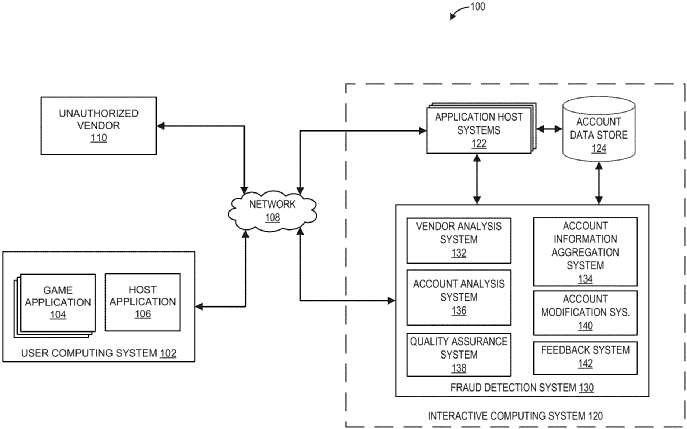
Highlights
- EA has patented a Fraud Detection System to target unauthorized transactions in its games, focusing on accounts buying in-game currency from third parties.
- The system uses machine learning to identify parasitic accounts engaging in reselling in-game currency.
- EA’s move not only aims to tackle cheating in video games and should also boost company revenue.
In a move to target unauthorized transactions in its games, publisher Electronic Arts is apparently developing a new system that would let the company track and punish accounts that buy in-game currency from third parties. This would be possible with EA’s Fraud Detection System, which has recently been patented.
In-game currency is an integral part of games, especially live-service titles, and is quite prevalent today. This virtual currency enables players to purchase in-game items, usually of a high value, and instantly improve their gaming experience. While some games let the user collect in-game currency by completing certain objectives, a vast majority of them encourage purchasing fake currency with real money. However, some players often purchase these in-game coins via third-party vendors that sell them at comparatively lower prices, and EA seems to be working on a system to prevent just that.
Every Video Game Franchise Electronic Arts (EA) Owns
Electronic Arts has ownership over a lot of video game franchises. Here’s a look at all the titles under their umbrella.
As per a new patent from EA, the renowned publisher has developed a Fraud Detection System to identify unauthorized activities, such as reselling of in-game currency, in its games. The technology employs machine learning to detect patterns of “parasitic accounts” that engage in such activities and punish them automatically. According to the patent, these patterns are based on traits, such as gameplay and characteristics, of parasitic accounts. Moreover, the Fraud Detection System may also leverage a model that traces parasitic accounts by matching for attributes typical of real user accounts. This feature would almost certainly affect users of EA’s array of live-service games like the microtransaction heavy Apex Legends.
Moreover, EA’s patent drew attention to the issue where certain users resort to purchasing in-game goods from unauthorized sources to “cheat in video games.” It argues that such activities effectively spoil the gaming experience of other users who are “legitimately playing the game.” Understandably, the Fraud Detect System is designed to tackle this game-breaking player behavior. For instance, the new system could prevent activities like coin reselling in the highly popular EA Sports FC 24 football simulation game.
Taking Down Resellers May Provide EA With a Much-Needed Revenue Boost
To kick off the year, EA underwent an organizational restructuring that negatively affected a host of its development studios, resulting in layoffs across Respawn and other EA assets. This layoff wave underscored the publisher’s need to cut costs, like other game companies such as Sega, in what has been a challenging time for the industry. In this context, EA’s new technology to prevent unauthorized transactions emerges as a key move to divert any possible revenue going to third-party vendors back to its own reserves. Hopefully, the expected boost in revenue after the implementation of the Fraud Detection System will potentially help EA avoid slashing more jobs in the future.

EA Sports FC 24
$30 $70 Save $40
- Released
- September 29, 2023
- ESRB
- E For Everyone
- Number of Players
- 1-4
